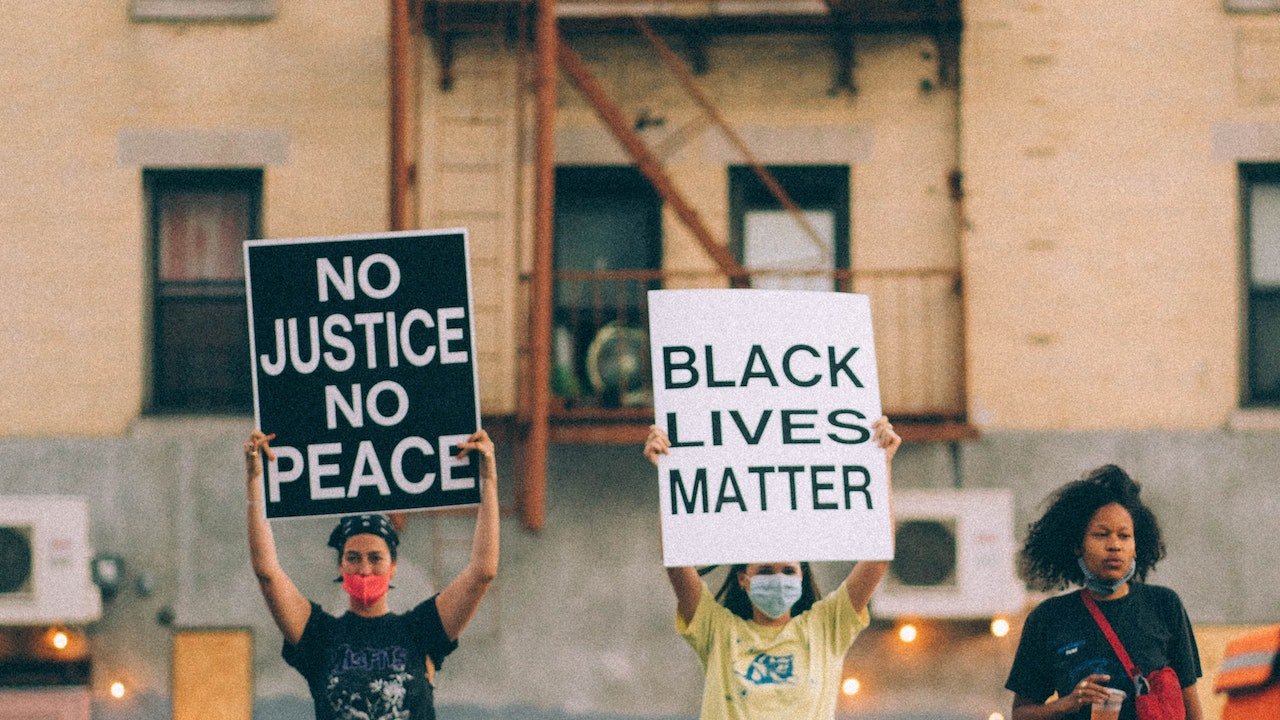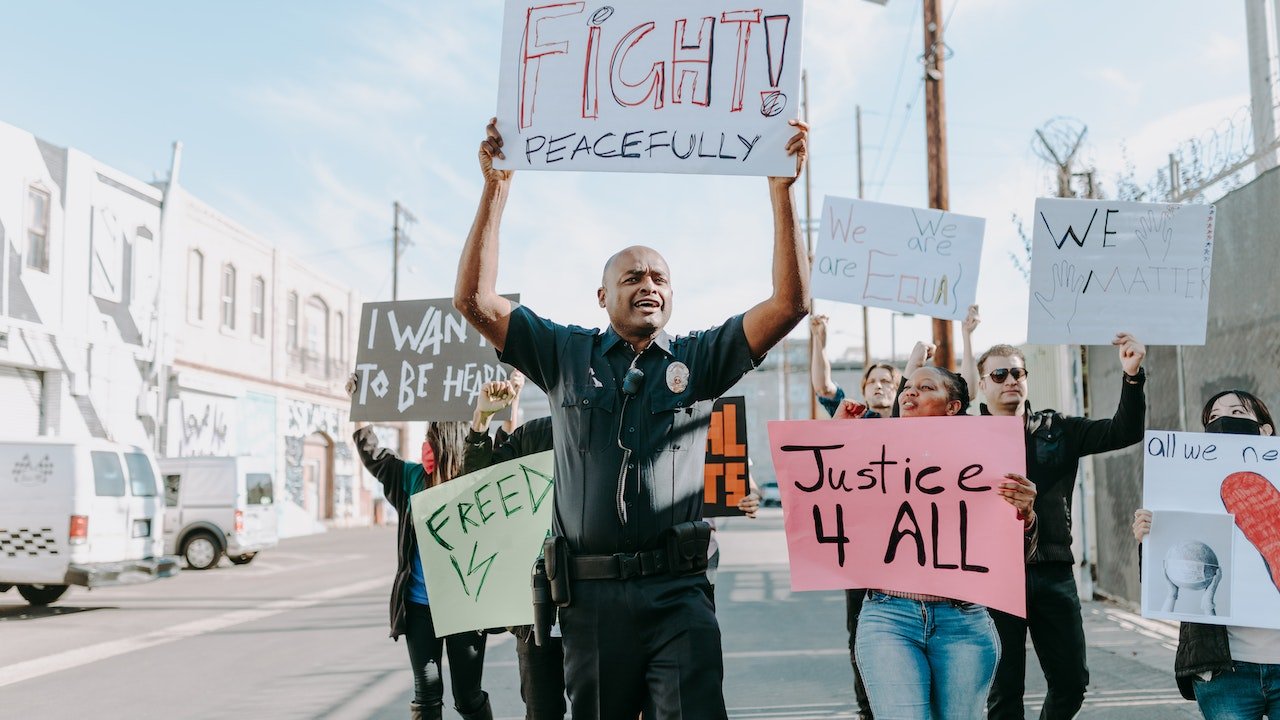Ensuring Equal Opportunity: The Importance of Civil Rights Laws 2023


Civil rights laws legislation is an essential tool for advancing and defending fair opportunity for everyone in a community. These laws seek to end discrimination based on race, gender, disability, age, and other factors. Civil rights laws are essential to building a just and fair society because they guarantee everyone has access to many facets of life.
A collection of legal rules and safeguards known as “civil rights laws” exist to stop discrimination and advance equality. These laws are intended to protect people from unjust treatment and to guarantee that everyone has an equal opportunity to prosper. They act as a barrier against discrimination in a number of areas, such as work, education, housing, and other places of public accommodation.
Historical Perspective
Significant historical occurrences, such as the American Civil Rights Movement and the Women’s Suffrage Movement, can be linked to the creation of civil rights laws. These movements promoted the rights of underrepresented groups and raised awareness of the injustices they endured. Governments passed legislation overtime to rectify these discrepancies and create frameworks that safeguard people’s civil rights.
Read More: Exploring Landmark Civil Rights Cases 2023
Civil Rights Laws and Their Function in Society
Civil rights legislation has a significant impact on how society is shaped in many different ways. They support equal employment opportunities, ensure that all people have access to high-quality education, guard against housing discrimination, guarantee that all people are treated fairly in public spaces, stop healthcare disparities, fight racial and gender bias, protect the rights of people with disabilities, and deal with age discrimination. Let’s examine these topics in more detail.
Effect on Employment Possibilities
Discriminatory workplace behavior is prohibited by civil rights legislation. They guarantee that people are judged according to their credentials, abilities, and experience rather than their protected qualities. These regulations promote diverse and inclusive work environments that are advantageous to both employees and businesses by establishing equitable employment opportunities. They support a more effective and peaceful workplace.
Education Equalisation
Equal access to education is supported by civil rights legislation. They forbid discrimination in educational settings and work to ensure that all pupils are treated equally. These rules make a guarantee that students are not excluded from educational opportunities, scholarships, or admission based on their protected qualities. Civil rights legislation help to create a society that is educated and skillful by ensuring equitable access to education.
Encourage fair housing
Civil rights legislation is essential in combating discrimination in housing. They forbid unfair treatment of people based on their protected qualities by vendors, buyers, and lenders. Everybody gets an equal chance to rent or buy a home, free from discriminatory practices, thanks to these regulations. Civil rights laws encourage fair housing, which helps create inclusive communities where people can prosper.
Providing Access to Public Facilities
Equal access to public accommodations, including dining establishments, lodging facilities, theatres, and transportation services, is guaranteed under civil rights laws. Due to their protected qualities, people cannot be denied services or treated differently as a result of these regulations. Civil rights laws provide an inclusive atmosphere where everyone can fully participate in society by removing obstacles to public facilities.
Read More: How a Health Lawyer Can Help Healthcare Providers Navigate Legal Issues (2023)
Healthcare Discrimination Prevention
Healthcare organizations are subject to civil rights laws as well. They forbid healthcare professionals from treating patients unfairly on the basis of their protected features. These rules make sure that everyone gets fair treatment and equal access to medical care. Civil rights laws help to enhance health outcomes and the well-being of all people by eliminating discrimination in the healthcare industry.
The fight against racial and gender bias
Racial and gender bias are aggressively fought against by civil rights laws. They seek to eliminate prejudiced actions that uphold racial or gender disparities. These rules support equal opportunities and combat ingrained prejudices that prevent people from realizing their full potential. Civil rights legislation help to create a society that is more just and equitable by addressing racial and gender inequality.
Defending People with Disabilities
Civil rights legislation is essential in defending the rights of people with disabilities. They make sure that people with disabilities enjoy equal access to employment, education, transit, and public facilities without facing any discrimination. These laws support diversity and offer the necessary accommodations so that people with disabilities can fully participate in society.
How to Combat Age Discrimination
Civil rights laws protect people from unjust treatment based on their age by addressing age discrimination. Age-based discrimination is forbidden by these regulations in public services, housing, and employment. Civil rights laws contribute to a culture that appreciates people of all ages and encourages intergenerational cooperation by protecting people from age-related biases.
The Cross-Reference of Civil Rights Laws
Civil rights regulations take into account the intersectionality of discrimination, recognizing that a person may experience several different types of discrimination at once. These regulations take into account the fact that discrimination on the basis of race, gender, disability, or other protected characteristics might exacerbate existing problems. Civil rights legislation seeks to offer all people adequate protection and guarantee equal opportunity by taking intersectionality into account.
Conclusion
For all people to have equal opportunity, civil rights laws are essential. They act as a cornerstone for establishing inclusive societies, advancing social justice, and eradicating prejudice. We may work towards a future where everyone has an equal opportunity to prosper and contribute to the benefit of society by preserving and implementing civil rights laws.
Society can encourage education and knowledge of civil rights laws to ensure their effective enforcement. It is crucial to promote an inclusive and respectful atmosphere where discriminating actions are not accepted. Additionally, aiding those who have been discriminated against and supporting them can help defend civil rights and advance equality of opportunity for all.
FAQs
Civil rights laws: what are they?
The purpose of civil rights laws is to promote equality and prevent discrimination based on protected characteristics such as race, gender, age, and others.
Why does civil rights legislation matter in the workplace?
Civil rights laws forbid discriminatory practices, ensuring equal job chances. They advocate for inclusive workplaces where people are judged according to their qualifications and abilities.
What topics are covered under civil rights laws?
Laws pertaining to civil rights regulate a variety of areas, such as work, education, housing, and public places. In these areas, they seek to end discrimination and guarantee equal access to opportunities.
What makes civil rights laws crucial?
Because they advance social fairness, eliminate systemic discrimination, and build just and fair communities, civil rights legislation are crucial. By protecting people’s protected qualities, they make sure that no one is excluded from opportunities or treated unfairly.
How are intersectional issues addressed by civil rights laws?
Civil rights legislation recognizes that discrimination can take many different forms and that some people may experience them all at once. They seek to guarantee complete protection and equal opportunity for everyone.












One Comment